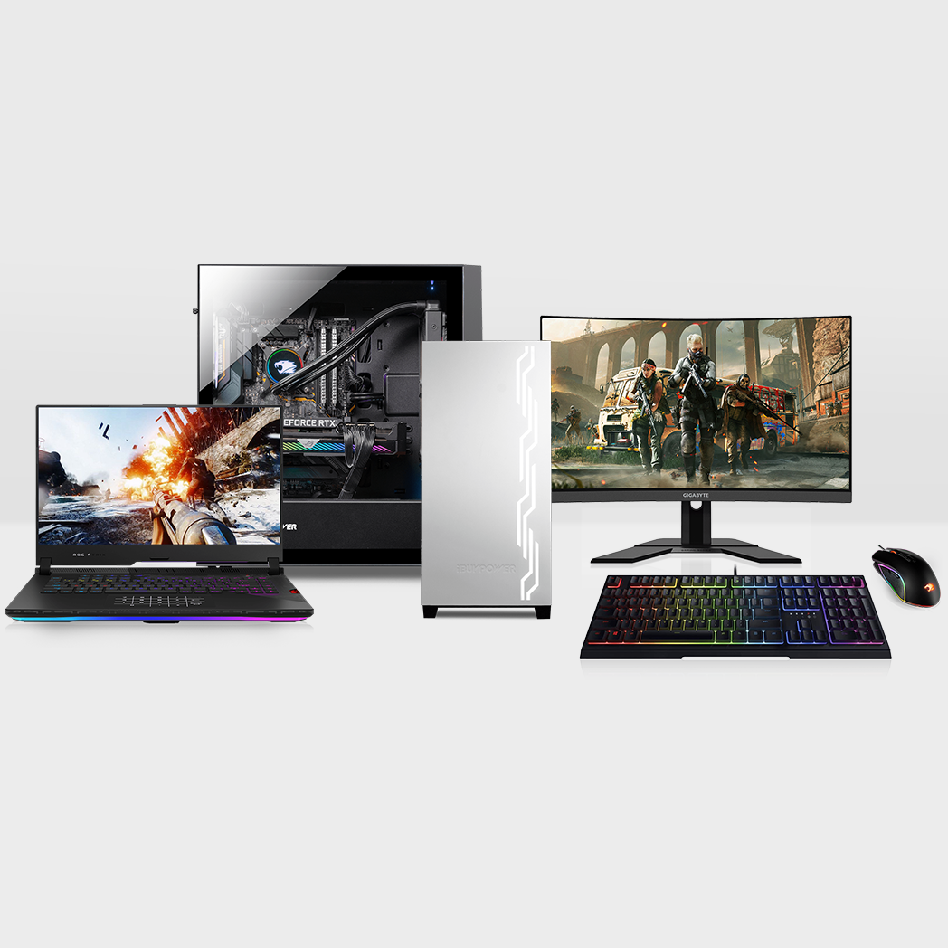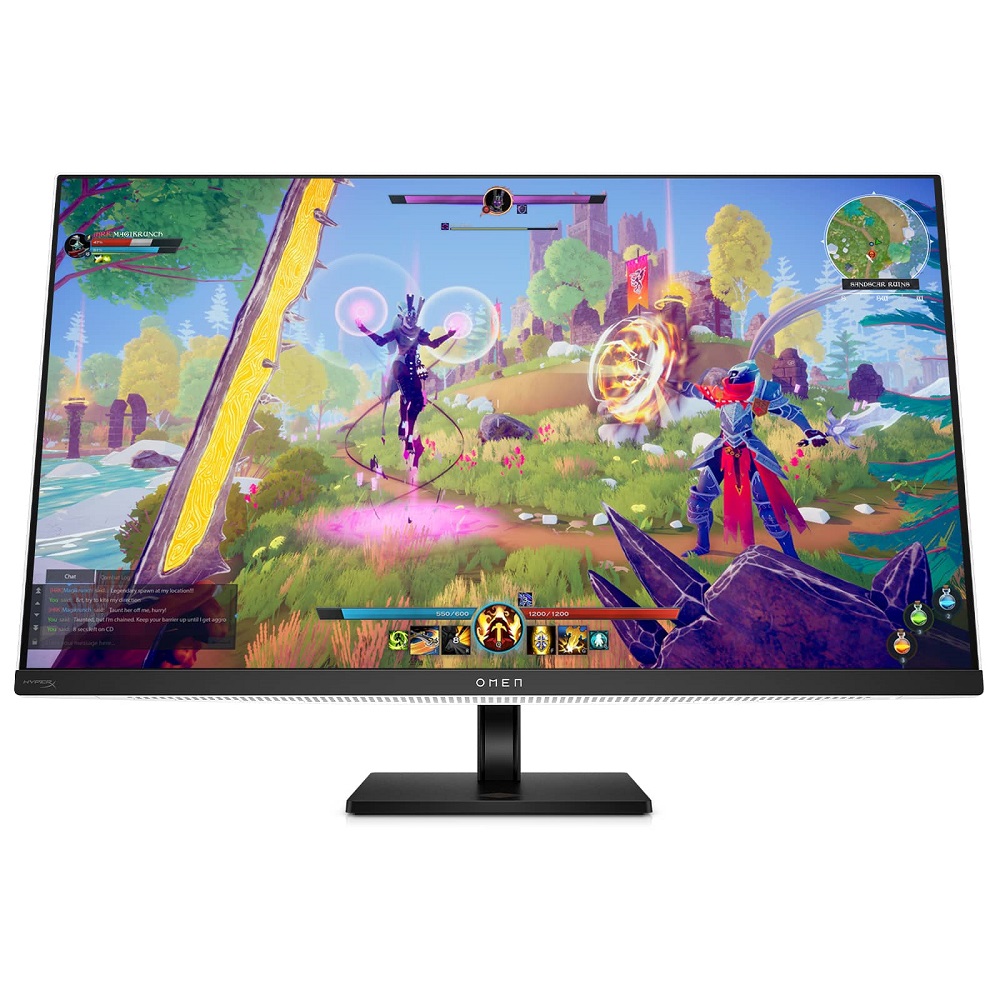Introduction to Major Computer Brands
In the swiftly evolving tech landscape, the choice of computer brand can greatly impact both productivity and user satisfaction. Major computer brands strive to cater to a vast array of needs and preferences, tailoring their products to enhance user experiences, whether for professional work environments, vigorous gaming or general home use.
When exploring computer brands in 2024, it’s crucial to understand the strengths each brand brings to the table. Established brands like Dell, HP, Lenovo, Asus, and Acer are pivotal players in the market. Each of these brands has carved out a niche that aligns with different consumer demands, from high-performance workstations to cost-effective, versatile laptops.
Learning about what each brand specializes in can help you make a more informed decision tailored to your specific computing needs. For example, gamers might lean towards brands known for their cutting-edge graphics and processing capabilities, while casual users might prioritize reliability and customer service.

Key Factors to Consider When Choosing a Computer Brand
When selecting a computer brand, several key factors should guide your decision:
- Performance: Look for brands known for robust processing power and speed.
- Reliability: Choose brands with a reputation for durable and dependable computers.
- Design: Consider the aesthetics and ergonomics of the computer models.
- Customer Service: Opt for brands with strong support and service networks.
- Price: Budget will also play a critical role in your decision.
- Innovation: Brands that frequently update their technology tend to offer better features.
These factors, when considered together, can help you find a computer that fits both your needs and your budget.
Overview of Top Computer Brands
Exploring top computer brands in 2024 reveals diverse strengths and areas of specialization. This overview highlights leading brands such as Dell, HP, Lenovo, Asus, and Acer. Each brand offers unique features tailored for different user needs.
Dell: A Leader in Innovation and Quality
Dell’s reputation for innovation drives its market presence. Known for high-quality business PCs, Dell combines robust performance with sleek design. However, the high cost of some models, like the XPS series, may deter budget-conscious buyers.
HP: High Performance and Reliable PCs
HP stands out for its dependable and high-performing PCs. The Spectre and Omen series are particularly prominent, offering premium features. However, prices for top-tier models can be steep.
Lenovo: Market Leader with Diverse Offerings
Lenovo leads in global PC sales, thanks to its wide product range. The ThinkPad series, known for its efficiency and reasonable pricing, dominates educational and business markets. Nonetheless, the presence of bloatware in some models could be a drawback.
Asus: Balancing Cost, Quality, and Innovation
Asus excels in balancing cost-effectiveness with innovative technology. Their PCs often feature high-quality components and sleek designs. Asus’s ROG line appeals to gamers, offering good value despite its higher price point.
Acer: Versatility and Competitive Pricing
Acer is renowned for its versatile product range and competitive pricing. The Swift and Spin series cater to users seeking portability and performance without breaking the bank. However, while reliable, Acer PCs might not excel in any one particular area.
Each brand has carved a niche, catering to specific needs from gaming to professional use, ensuring there’s a computer out there for every user.

Emerging Trends in Computer Technology for 2024
As we move deeper into 2024, several emerging trends are reshaping the computer technology landscape. These trends not only reflect the advancements in engineering and design but also align with the shifting needs and expectations of consumers.
Enhanced Connectivity and Portability
One significant trend is the push towards enhanced connectivity and portability. With remote work becoming more common, there’s a growing demand for devices that can seamlessly integrate into various networks and environments. Brands are increasingly focusing on lightweight, powerful laptops with long battery lives and superior connectivity options like 5G.
AI and Machine Learning Integration
Another pivotal trend is the integration of AI and machine learning capabilities directly into PCs. This allows for smarter, more personalized user experiences. Computers are becoming more adept at understanding user preferences and can optimize their operations for more efficient performance.
Sustainable and Eco-Friendly Solutions
Sustainability is also becoming a key consideration. Computer manufacturers are investing more in eco-friendly designs and materials, reducing the carbon footprint associated with production and packaging. Additionally, energy-efficient processors are becoming standard, which help reduce electricity usage.
Advanced Security Features
As cyber threats evolve, so do the security measures in computer technology. Brands are integrating advanced biometric security features, such as facial recognition and fingerprint sensors. These features enhance user security, making it more difficult for unauthorized access.
These trends highlight the industry’s commitment to innovation, user experience, and environmental responsibility. They are set to define the next generation of computers, making them more integrated into our digital and physical lives.

Pros and Cons of Popular Computer Brands
When exploring your options for a new PC, understanding the strengths and weaknesses of major computer brands is crucial. Here are insights into some popular brands to help guide your decision-making process:
Dell’s High-Quality Business PCs vs High Prices
Pros:
- Dell PCs are known for their innovative features and robust performance.
- The XPS series, in particular, offers sleek designs and powerful specs.
Cons:
- The high cost of premium models like the XPS can be a significant barrier for some buyers.
Acer’s Versatility vs Lack of Unique Features
Pros:
- Acer offers a diverse range of products at competitive prices.
- The Swift and Spin series cater to those needing portability and performance.
Cons:
- While reliable, Acer PCs often don’t excel distinctly in any area.
These insights should help you weigh the pros and cons based on your specific needs and budget.
Recommendations for Different User Needs
When choosing a computer, consider your specific needs. Here are brand recommendations tailored to different user preferences:
Best Brands for Gamers
Gamers need computers with high processing power and advanced graphics. Brands such as Asus and Acer offer models that cater to these requirements. Asus’s ROG line, for example, includes powerful gaming PCs that provide excellent performance. Acer’s Predator series also stands out, offering both desktops and laptops that are ideal for gaming.
Top Choices for Budget-Friendly Options
If budget is a major concern, Lenovo and Dell offer great value. Lenovo’s range includes affordable models that still deliver reliable performance, especially popular in educational settings. Dell has a diverse product line, including the Inspiron series, which combines functionality with affordability, making it a smart choice for those on a tight budget.
By considering your needs first, you can make an informed decision that balances cost, performance, and specific features.
Conclusion: Making an Informed Choice
Navigating the landscape of computer brands in 2024 requires a balanced approach. This guide has delved into various brands, highlighting their strengths, weaknesses, and suitability for different user needs.
When finalizing a decision on a computer purchase, consider several factors:
- Performance and Reliability: Prioritize brands known for robust performance and reliability in your specific usage context, whether it’s gaming, professional tasks, or general use.
- Design and Innovation: Weigh the aesthetic and innovative features of different brands. Sleek, modern designs and cutting-edge technology can enhance user experience.
- Customer Service: Choose a brand with strong customer support. This ensures assistance whenever you encounter issues.
- Price: Ensure the chosen brand fits your budget while meeting your computing needs.
Finally, always align your choice with emerging trends such as portability, AI integration, and eco-friendliness to future-proof your investment. Whether for gaming, professional, or casual use, selecting the right computer brand is crucial for optimal performance and satisfaction.